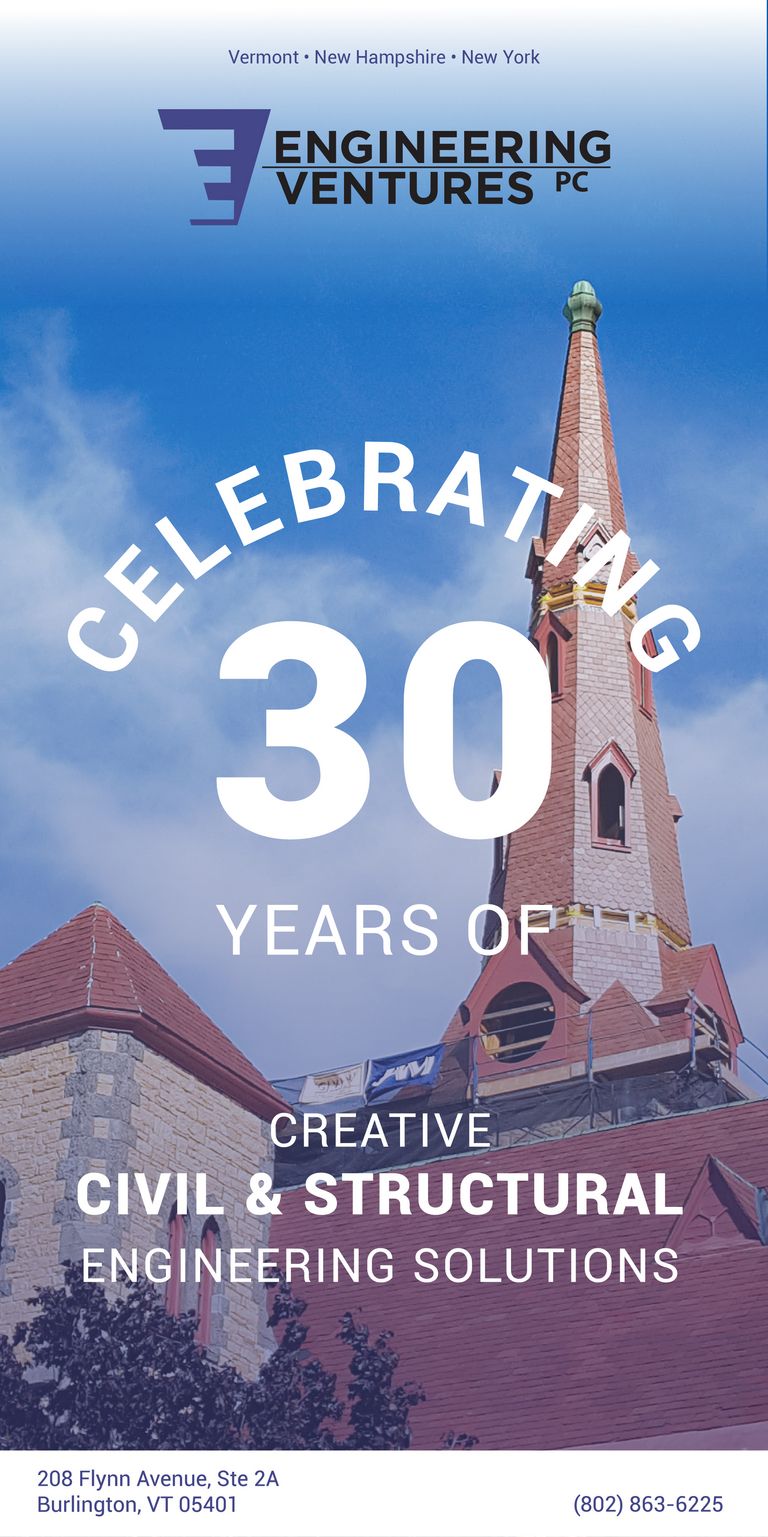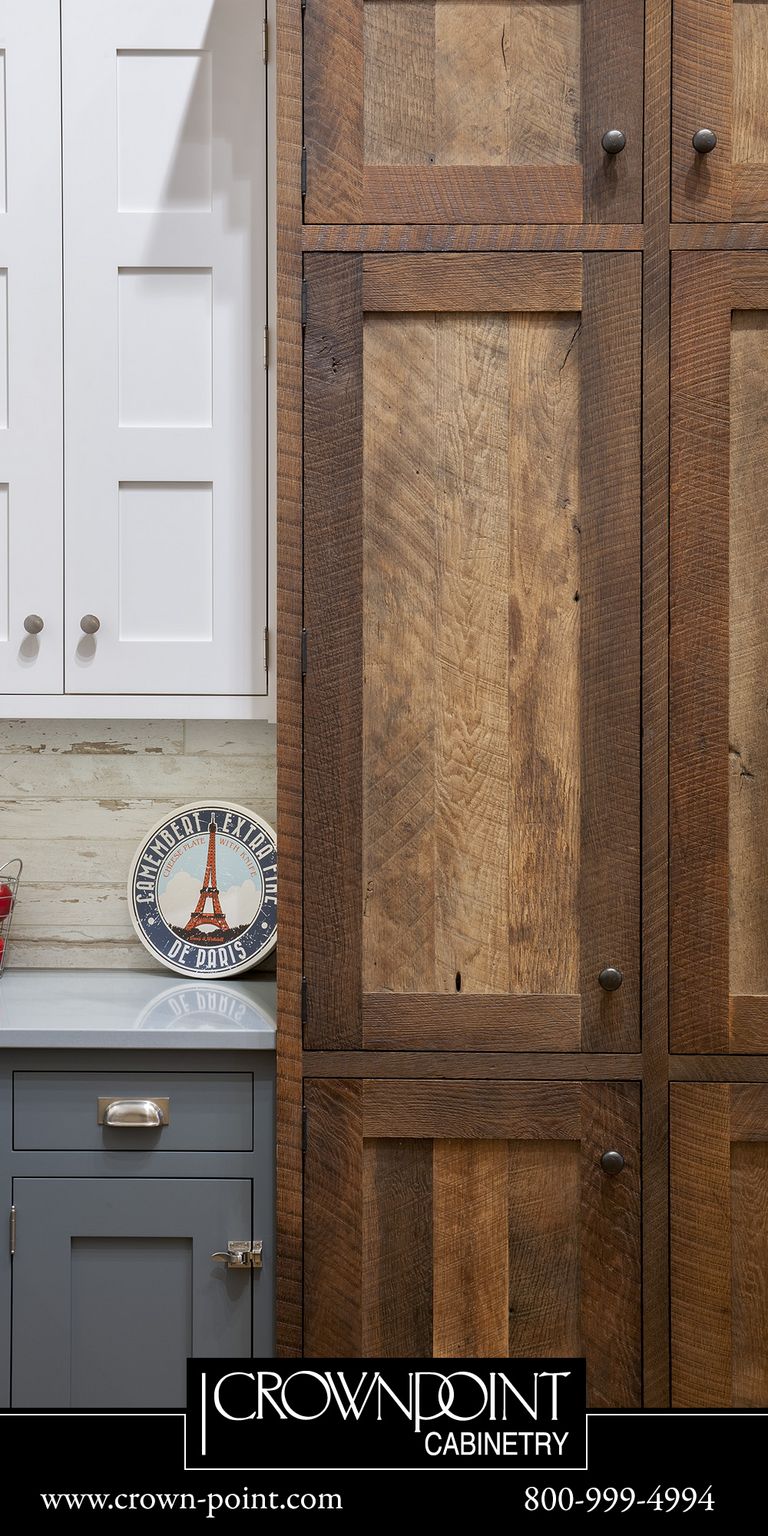Deliberative Sessions
By Ryan Edwards, AIA; Scholarship + Awards Committee Co-Chair
As the AIA Vermont Scholarship + Awards Committee begins our annual crescendo toward this year’s installment of the AIAVT Design Awards, a great deal of focus for 2021 has been placed on creating an awards program which celebrates and best represents the impressive breadth of work being produced here in Vermont.
Although a small state, I think we can all agree that the architecture being produced by Vermont’s architects today, regardless of scale, is thoughtful, contextually sympathetic, and environmentally and socially responsible. As one of the facilitators of the design awards, I’ve had the opportunity to see all of the submitted projects prior to jury deliberations. I have a real sense of pride to see the thought and care that goes into each and every project submitted for the AIAVT Design Awards.
Each year as the clock winds down to the submission deadline for the Annual Design Awards, the Scholarship + Awards Committee engages in deliberate and thoughtful dialogue about what is successful about our awards program, and what could or should be modified to reflect changing times, membership feedback, or simply to keep components of our awards program consistent with frameworks such as the AIA Framework for Design Excellence.
Of particular discussion this year, following both the 2020 AIA New England Design Awards (hosted by AIAVT), and the 2020 AIAVT Design Awards, has been curiosity regarding the scale of award winning projects, with some members curious about the number of single family residences receiving awards versus the number of larger scale projects.
The Scholarship + Awards Committee has been working to open up the dialogue to the membership (like last month’s Coffee Call). Jeff Stetter and I, the Scholarship + Awards Committee Co-Chairs, felt that as part of that process, it would be a good opportunity to pull back the curtain a bit on that seemingly curious component of the awards selection: the jury’s deliberative session.
Prior to joining and later becoming the Co-Chair of the Scholarship + Awards Committee, I imagined that the jury’s deliberations were always some lighthearted affair: a group of architects from another AIA chapter getting together, enjoying some lunch, looking over the projects and coming up with a handful of deserving winners.
In truth, however, this perception couldn’t be further removed from the reality of the deliberative sessions that I had the opportunity to observe from my role as facilitator. Any project receiving an award of any kind has been discussed at length, typically being revisited a handful of times over the course of a deliberative session. Rarely are projects unanimously selected for an award, and it is frequently those projects receiving Honor and Merit Awards that result in the most intense discussion. The reality is that jurors tend to take their role very seriously and do not arrive at selections lightly.
We were so fortunate to have such esteemed jurors for both the AIA New England Design Awards (Catherine Miller, ASLA; H. Killion Mokwete, RIBA; Julie Hiromoto, AIA; Julie Snow, FAIA; Michael MacPhail, AIA), and the AIA Vermont Design Awards (Pauline Thimm, AIA; Sam Oboh, FAIA; Darryl Condon, AIA; Dr. Adam Pantelimon, AIA; Andrew Frontini, AIA). Deliberations for both were focused, thoughtful, and lively.
Of particular note, due to the feedback the Scholarship + Awards Committee has received in regards to single family residential projects as mentioned above, were the deliberations involving this project type in particular. Of all the project types, single family residential projects receive far and away the most criticism during deliberations. In using the AIA New England Design Awards and the AIA Vermont Design Awards as our examples, a few points worthy of mention:
- The AIA New England jury made the decision to review single family residential projects separately from all other project types and chose to review them only after all other projects had been reviewed and selected
- Both juries noted that single family residential projects should be held to a much higher standard than other project types as they frequently have significantly higher budgets per square foot and are for private use
- Although the majority of this year’s AIA Vermont Design Awards were awarded to single family residential projects, the jury felt that the projects selected were most deserving of awards based on the sole (though multifaceted) judging criterion of ‘design excellence.’ And for emphasis, this jury as a whole had the same reservations about single family residential as the AIA New England jury.
- For the AIA Vermont jury in particular, there was discussion of how to maintain the integrity of their selections overall; there were projects that had a wonderful narrative or were contextually appropriate, but did not meet the primary judging criterion of ‘design excellence’, with one juror noting that a wonderful story does not necessarily constitute an excellent project.
Although we on the Scholarship + Awards Committee will continue our ongoing membership outreach as we continue to develop and evolve our awards program into something that we can all be proud of, we would like to make clear that our intent is not, and never will be, to put our committee in a position to even seem that we are curating the Design Awards with the intent of producing a desired outcome. We take our role and responsibilities very seriously and will always ensure that the integrity of the juried Design Awards is kept intact.
In the coming weeks, we will be sharing a survey with you all which will hopefully provide further insight as to what your thoughts are on the current awards program and how we can make it better. And should you ever have any questions, comments or concerns, please do not ever hesitate to contact us directly, we’re always more than happy to engage in constructive dialogue with our fellow members.





